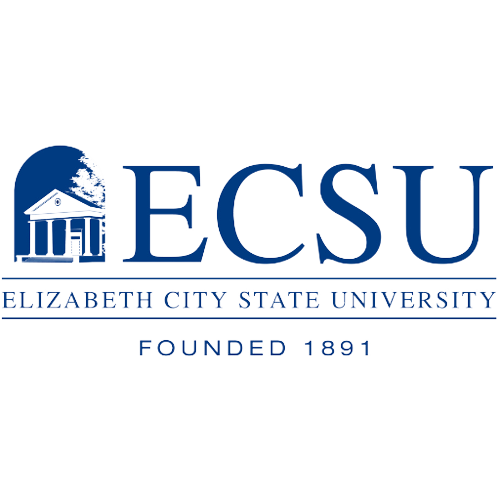Courses (Preview)
Core Economics Courses: The program includes core courses in economics that cover foundational topics such as microeconomics, macroeconomics, econometrics, and economic theory. These courses provide an understanding of economic principles, theories, and models used to analyze market behavior, economic policy, and the allocation of resources.
Core Mathematics Courses: The program also includes core courses in mathematics that cover fundamental topics such as calculus, linear algebra, differential equations, and probability theory. These courses provide students with a solid mathematical foundation and the necessary tools for quantitative analysis.
Econometrics: Econometrics courses focus on the application of statistical methods to economic data analysis. Students learn how to collect and analyze economic data, estimate economic models, and interpret the results. They also gain skills in using statistical software for data analysis and econometric modeling.
Mathematical Economics: Courses in mathematical economics introduce students to mathematical techniques used to model and analyze economic phenomena. Topics may include optimization theory, game theory, mathematical modeling of markets, and dynamic economic systems. These courses provide students with the mathematical tools necessary to analyze economic decision-making and economic equilibrium.
Applied Mathematics: Applied mathematics courses focus on the application of mathematical methods and models to solve real-world economic problems. Students learn about mathematical optimization, mathematical finance, decision theory, and operations research. These courses enable students to apply mathematical concepts and techniques to make informed economic decisions and solve complex economic problems.
Electives and Specializations: Students may have the opportunity to choose elective courses or specialize in specific areas within economics and mathematics. Examples of specializations could include financial economics, economic policy analysis, mathematical modeling in economics, or computational economics. These options allow students to tailor their studies to align with their interests and career goals.
Research Projects: Many programs incorporate research projects, allowing students to apply their knowledge and skills to real-world economic issues. These projects may involve analyzing economic data, conducting economic experiments, or developing mathematical models to address specific economic questions.
Communication and Presentation Skills: Effective communication of economic analysis is crucial. Students develop skills in written and oral communication, including writing economic reports, presenting research findings, and effectively communicating economic concepts to various audiences.
Show less












